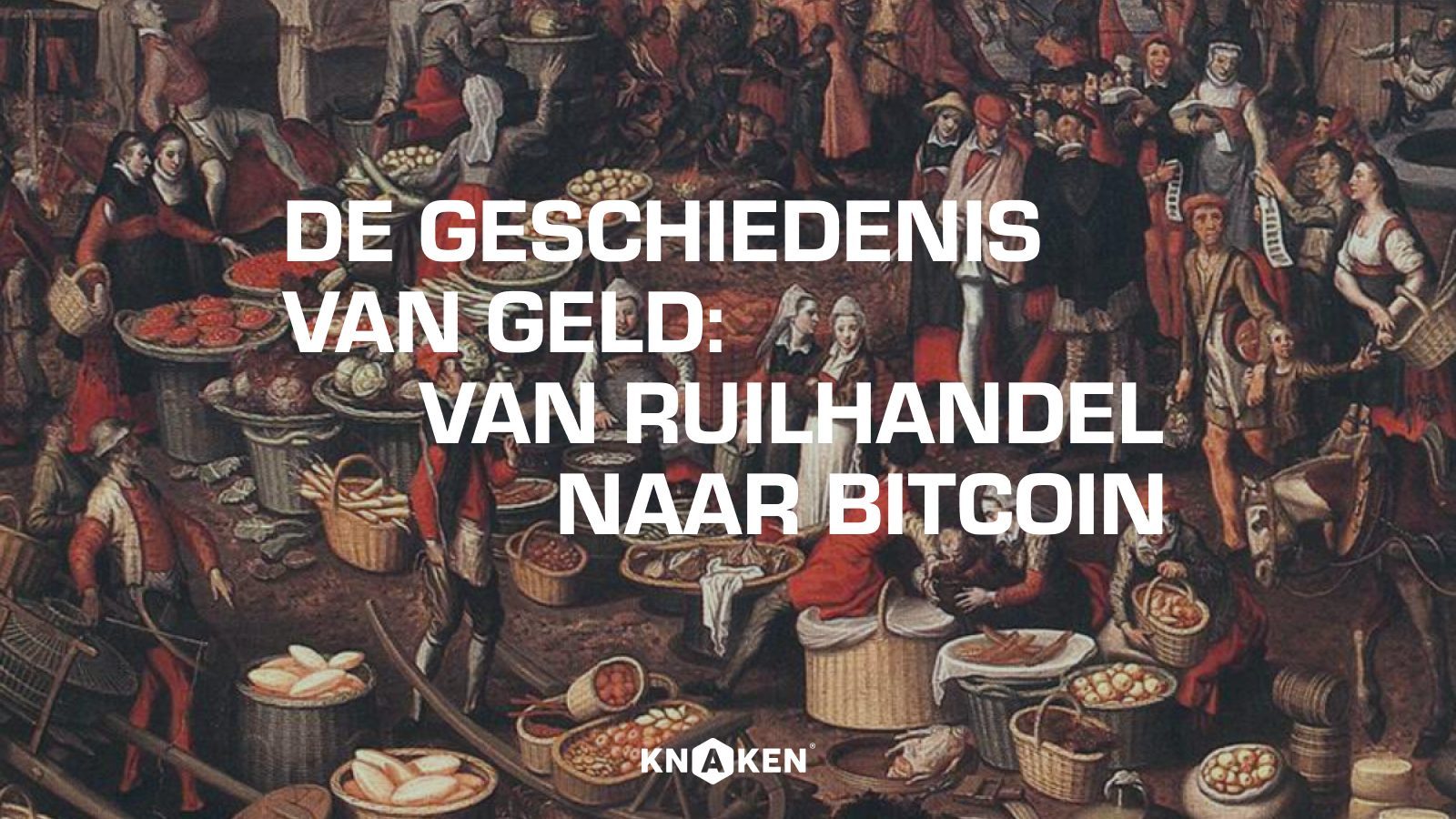

Money has existed for thousands of years, and its history is one of continuous change and evolution. Throughout history, the way we think about and use money has undergone various transformations, from the earliest forms of barter to the complex global financial system we know today. In this article, we will explore the history of money and how it has developed over time, with particular attention to the rise of digital currencies like Bitcoin.
The Barter System
The earliest form of currency was the barter system, where goods were exchanged for other goods or services. This system was used by many different civilizations throughout history, including the ancient Greeks, Romans, and Chinese. In this system, goods and services had to be valued and traded based on their perceived worth to both parties. For example, if someone had a cow and needed a plow, they would have to find someone with a plow who was willing to trade it for the cow. However, this system had its limitations, as it was difficult to find someone who wanted what you had to offer and who had what you needed in return.
Roman soldiers were partly paid in salt. It is said that this is where we get the word soldier – ‘sal dare,’ meaning to give salt. From the same source, we get the word salary, ‘salarium.’
The Rise of Coins
As economies grew and became more complex, the barter system eventually gave way to coins and paper money. Coins were first used in the 7th century BC by the Lydian civilization in what is now Turkey. These coins were made from a mixture of gold and silver and were used to facilitate trade and commerce.
The use of coins quickly spread to other civilizations, including the Greeks, Romans, and Chinese. The Chinese, in particular, are known for their innovative use of coins. They were the first civilization to create a standardized, round coin with a square hole in the middle, making it easier to string them together and transport them.
Over time, coins became more widespread and were used by many other civilizations. They were usually made of precious metals like gold and silver, which made them valuable in themselves. This led to the development of banking systems, where people could safely store their coins and other valuables.
The Development of Paper Money
The next step in the evolution of money came with the rise of paper money. Paper money first appeared in China during the Song Dynasty in the 11th century and was originally used as a form of paper credit. This allowed people to exchange paper notes for goods and services, which they could then redeem for the equivalent value in coins.
Over time, paper money became increasingly popular and was adopted by many other countries, including the United Kingdom, the United States, and Japan. In Europe, paper money was first introduced in Sweden in the 17th century and quickly spread to other countries.
One of the advantages of paper money was that it was easier to carry than coins, which can be heavy and cumbersome. With paper money, larger transactions could also take place, as people could carry large sums of money without worrying about the weight of the coins.
Banknote of one hundred dalers issued by Stockholms Banco and signed by Johan Palmstruch, 1666
The Invention of Credit
The invention of credit was the final step in the evolution of money from bartering goods to the complex global financial system we know today. Credit was first used by the ancient Greeks and Romans and allowed people to buy goods and services without having to pay the full amount at the time of purchase.
This was done by establishing a line of credit between the borrower and the lender, with the borrower agreeing to pay back the loan with interest at a later date. Thanks to this system, people could invest in businesses, buy homes, and make other large purchases that they might not have been able to afford otherwise.
The Rise of Digital Money
The rise of digital money is the latest development in the history of money and has revolutionized the way we think about and use money. Digital money is a form of electronic currency that is stored and exchanged electronically and is used to make online payments and transfers.
The most well-known form of digital currency is Bitcoin, which was launched in 2009 and has since grown in popularity and value. Bitcoin is a decentralized currency, meaning it is not controlled by any government or financial institution. Instead, it is based on a peer-to-peer network that allows people to send and receive payments without the need for an intermediary.
One of the advantages of digital currencies like Bitcoin is that they are very secure and difficult to counterfeit. Transactions are recorded in a public ledger known as the blockchain, making them transparent and nearly impossible to alter.
Another advantage of digital currencies is that they are fast and efficient. Transactions can be processed within seconds, which is much quicker than traditional banking systems.
Conclusion
The history of money is fascinating, and its evolution has had a profound impact on the way we conduct and think about commerce, trade, and value. From the earliest form of barter to today’s digital currencies, money has undergone many changes and developments over the centuries. As digital currencies like Bitcoin continue to gain popularity, it is likely that the future of money will keep evolving and developing in the years to come.



Knaken Cryptohandel B.V. has applied for a MiCA license from the Netherlands Authority for the Financial Markets (AFM). This application is currently being assessed by the AFM.
Investing in crypto-related products involves significant risks.















